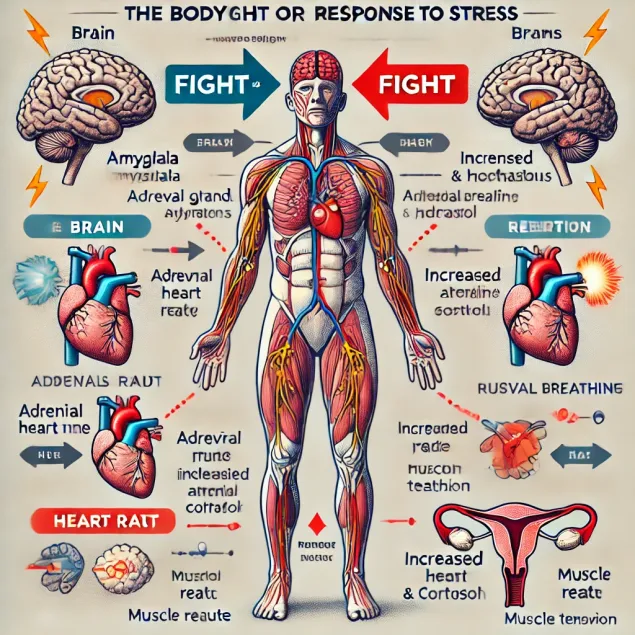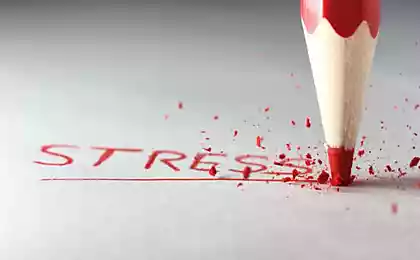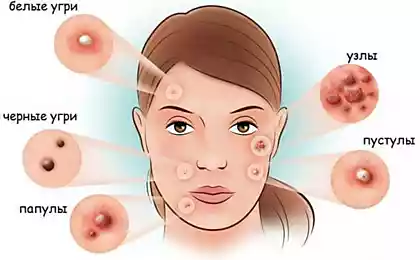275
How Our Body Reacts to Stress: A Scientific Explanation and Ways to Cope

Introduction: What is stress and why is it important?
Stress is the body’s natural response to challenges and threats. In small doses, it can be useful in helping us mobilize and cope with difficulties. However, chronic stress can lead to serious health problems, both physical and psychological.
In this article, we will examine how our body reacts to stress, what processes occur in the body and brain, and how you can effectively cope with this condition. Ready to know more? Then let's go!
1. Stress Physiology: How the Body Reacts to Threat
When faced with a situation that we perceive as a threat, the body triggers a fight-or-flight response. The adrenal glands secrete stress hormones - adrenaline and cortisol, which prepare the body for action.
What's going on? Heart rate increases, pressure increases, muscles tense, and digestion slows down. This helps us respond quickly to danger.

2. Chronic stress: when protection becomes a threat
If stress becomes constant, the body does not have time to recover. High levels of cortisol in the blood can lead to a weakened immune system, heart problems, insomnia and even depression.
Why is it dangerous? Chronic stress destroys the body and psyche, making us vulnerable to disease.
3. Psychological effects of stress
Stress affects not only the body but also the brain. It can cause anxiety, irritability, decreased concentration and memory impairment. In the long run, this can lead to emotional burnout.
Example: People who are under constant stress often have difficulty making decisions and controlling emotions.

4. How to cope with stress: practical methods
4.1. Breathing techniques
Deep breathing helps calm the nervous system and reduce stress levels. Try the 4-7-8 technique: inhale for 4 seconds, hold your breath for 7 seconds and exhale for 8 seconds.
Council: Practice breathing exercises daily, especially in times of stress.
4.2. Physical activity
Regular exercise, such as running, yoga or swimming, helps lower cortisol levels and boost the production of endorphins, the happiness hormones.
Council: Find the type of activity you like and engage in at least 30 minutes a day.
4.3. Meditation and mindfulness
Meditation helps you focus on the present moment and reduce anxiety. Even 10 minutes a day can significantly improve your health.
Council: Use meditation apps like Headspace or Calm.
4.4. Sleep and recovery
Quality sleep is the key to combating stress. Try to sleep 7-9 hours a day and create comfortable conditions for rest: darkened room, cool air and lack of gadgets before bedtime.
Council: Set your sleep schedule and stick to it even on weekends.
5. Scientific research on stress
Studies show that stress can be both harmful and beneficial. For example, short-term stress (eustress) can improve cognitive function and motivation. However, chronic stress (distress) destroys the body.
Source: Research by Hans Selyer, the founder of stress theory, confirms that the body’s response to stress depends on its intensity and duration.
6. How to Change Your Attitude to Stress
One way to deal with stress is to change your attitude. Instead of seeing stress as the enemy, try to see it as an opportunity for growth. This is called “stress thinking.”
Example: Instead of “I’m not doing well,” think, “This is a challenge that will help me become stronger.”
Conclusion: Stress as part of life
Stress is an inevitable part of life, but we can learn to manage it. By understanding how our bodies respond to stress and using effective methods to deal with it, we can maintain health and improve quality of life.
Try to apply at least one of the tips from the article and share your results in the comments. Stress is not an enemy, but a signal that helps us grow and adapt.
How technology is changing our perception of time: why days fly faster
How artificial intelligence is changing our lives: from everyday life to medicine























